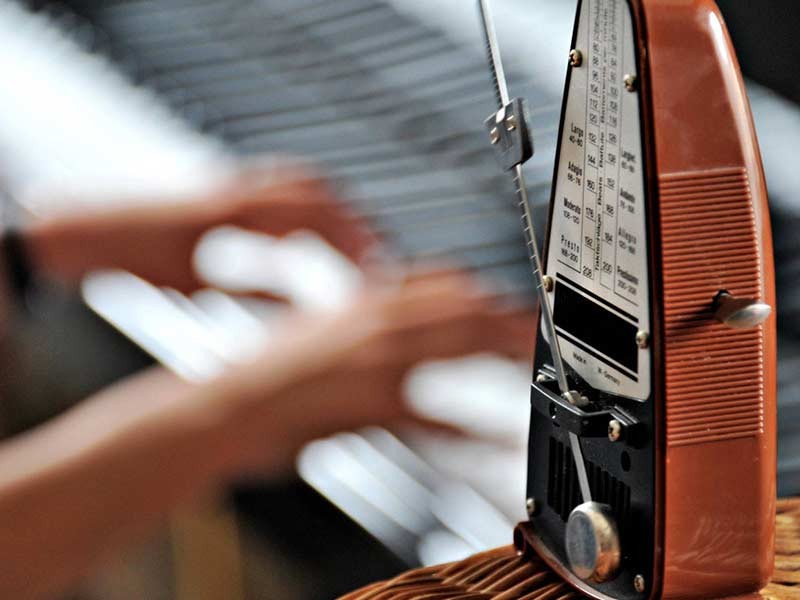‘We can improve children’s school results with music, not maths’
By Chris Rooney
“Countless research papers would confirm this impact that music can have on improving memory retention and language processing”
I asked my dad recently how he learnt music in primary school growing up in Belfast in the 60s. He told me about the BBC radio show Singing Together which broadcast every Monday morning at 11 am. Classrooms across the country would tune in and sing along to songs covering everything from Cockles and Muscles to cowboy themes like The Streets of Laredo – my dad’s personal favourite.
The show stopped airing in the 1990s and, in recent times, music education has since been given less and less priority in the UK. With increased calls for rejuvenation, perhaps now it’s time to learn from what was achieved in the past and decide how best to reverse the trend on a national scale.
Reigniting focus on the arts
In December, Leo Varadkar announced the Irish government’s plan to reignite the focus on arts education within schools. The Creative Youth programme seeks to give every child in Ireland practical access to education in music, art, drama and computer coding within the next five years. The intention of the government is to create a country where people can think creatively and be prepared for the future. With this renewed government focus, is now the right time for music to become the heartbeat of our schools’ curriculum? Below are three trends why I believe Ireland is poised for a music revolution.
Music can help improve students’ performances in other areas
Back in October, The Guardian released an article called ‘How to improve the school results: not extra maths but music, loads of it.’ The report told the story of Feversham Primary Academy based in Bradford. In 2013, the new Head Teacher Naveed Idrees developed a programme where children would spend up to six hours a week learning music. Prior to this decision, the school was performing 3.2% behind the national average in English. Since then, 74% of its pupils have now achieved the expected standard in reading, writing and maths, against a UK national average of 53%. Countless research papers would confirm this impact that music can have on improving memory retention and language processing. These, however, were not the only improvements the school reported: a rise in attendance levels, improved staff morale and an increase in student confidence all resulted in a much happier school life.
Music supports the proposed move towards play-based learning
Minister for Education Richard Bruton proposed reforms back in March where children would not study traditional subjects until 10 years of age. Instead, there would be a greater emphasis of creative play during these years. The proposed reforms are inspired by the high-performing education systems in countries such as Finland. While the timeline for this reform is still unknown, a music curriculum consisting of learning songs and creating as a group, could be a positive first step in helping a primary school to deploy a programme focused on this new method of teaching. This could help serve as a pilot for future subjects to adopt this play-based learning approach.
Music can help in reducing child anxiety levels
The Irish Primary Principals Network released a study last January which reported increasing anxiety levels among primary school children in Ireland. One solution suggested to reversing this trend is to build child confidence which again, music is great outlet for.
Take, for example, making music as part of an ensemble. This experience teaches the discipline of playing in time with others and blending sounds as part of a team. Performing music in a group can create a strong sense of achievement which, in turn, can help build a child’s confidence and also lasting friendships. To conclude, music has always been relevant in our classrooms, it just so happens that certain political and societal factors are arguably making it more relevant now. However, even if the factors I’ve mentioned didn’t exist, it would still be a worthy endeavour.
Through our work in Dabbledoo Music, we are lucky enough to visit classrooms across the country and see the impact music can have not only on a child’s development but also on their parents and friends through things like school concerts and shows. This power that music can have in bringing people together means it can, in my opinion, be the pulse of our primary schools and the surrounding communities they serve. That itself, is reason enough as to why we need music in education.
Chris Rooney is a music educator working for Dabbledoo Music. Dabbledoo makes learning music fun and engaging for teachers and students in primary schools.
